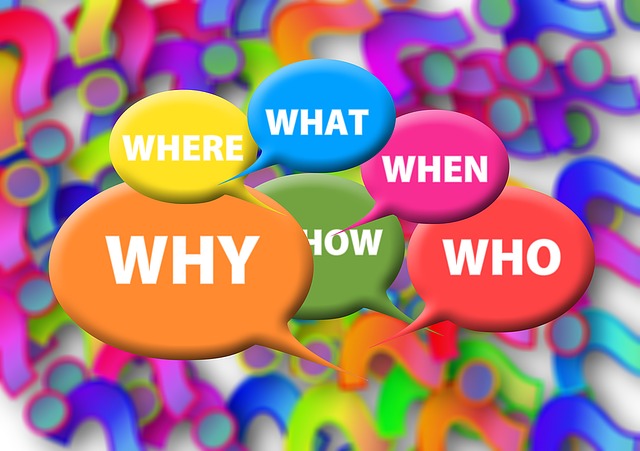Questions That Teacher Feedback Must Address
Effective teaching practices basically take experience and time. An effective teacher would say that teaching is more than imparting topical knowledge. It also requires assessing and evaluating students’ learnings and understanding of this knowledge.
A critical aspect of sound teaching practices is teacher FEEDBACK. Although many teachers claim they give feedback, it seems that there is something missing. The problem is that the feedback teachers give doesn’t help students improve and make progress.
When giving feedback, teachers must address these three major questions:
- where am I going?
- How am I going?
- where to next?
The first question: Where am I going?
A very important aspect of feedback is the information provided to students and their teachers about the degree to which the learning goals are achieved. Many teachers’ feedback is summarized as: ‘’great job, good job, excellent work, work hard, try harder’’. These instances don’t show students what and where they should go. Teachers’ feedback must address the goals learners have to achieve.
Clear goals will help learners know when and how they can be successful. If the goal is poorly defined, the gap between the current level of learning and the target level may not be easily closed and students might be lost in the ocean of unclarity.
The second question: How I am going?
Teacher feedback is effective when it draws on the information that shows students’ progress, tell them their weaknesses, their strengths, and how to proceed. Learners typically want to know how they are going, even though they may not welcome the responses.
It is the task of teachers to explain to students that the conception underlying formative feedback is enhancing learning and making more progress.
The third question: Where to next?
We all know that teaching is sequential with teachers sharing learning objectives, having students complete in-class tasks or do out-class exercises, giving infomration….etc.
Teacher feedback is so powerful in that it can address ways that lead to a greater understanding of the content, mastery of skills, achievement of the learning objectives. This may include how learners can attain greater fluency and automaticity, more cognitive processes, and more strategies of learning.
These questions are critical in every teacher’s feedback, and they operate together.
I hope you really enjoyed reading this post. What else can you say about teacher feedback? Please, share your ideas in the comments to help others know more.
Please, Like our Facebook page and share this post if you think there is someone who needs to know about this.







